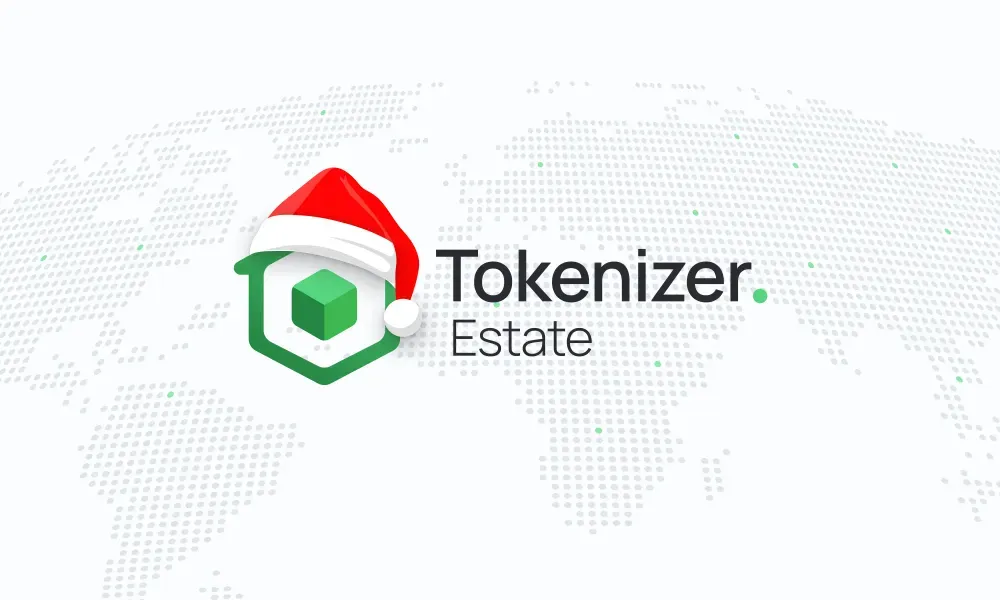Table of Contents
Tokenizer.Estate has publish guide on how on-chain assets can open Italy’s property market to wider investors. The article maps legal basics, shows pilot models, and offers a clear checklist for projects— from asset valuation to investor outreach.
Italy is already testing the rails. Cassa Depositi e Prestiti and Intesa Sanpaolo recently issue bond on blockchain, while Intesa also used the ECB’s trials to detail trial with the Bank of Italy’s TIPS Hashlink for settlement.
Rules are taking shape too. As Reuters noted, Governor Fabio Panetta said: “The only instruments that can serve as means of payment preserving public trust are e-money tokens issued by banks or e-money institutions.” He made the remark while outline guidance on applying MiCAR in Italy.
The Italian real-estate market remains active, with steady demand in major cities and growing interest from foreign buyers. Tokenization fits this picture by turning buildings or cash flows into small digital shares, so people can invest with lower tickets and track ownership on-chain.
Under EU rules, a property token that grants ownership or profit rights is usually treated like a security. Issuers must use proper disclosures, AML/KYC checks, and clear payout logic. The new guide explains how to choose structure, set terms, and plan distribution by investor geography.
If more pilots launch and regulators keep clarifying the path, Italy could see broader, compliant token sales — from urban refurbishments to hotel projects — bringing fresh capital and more transparent processes to the country’s real-estate market.








